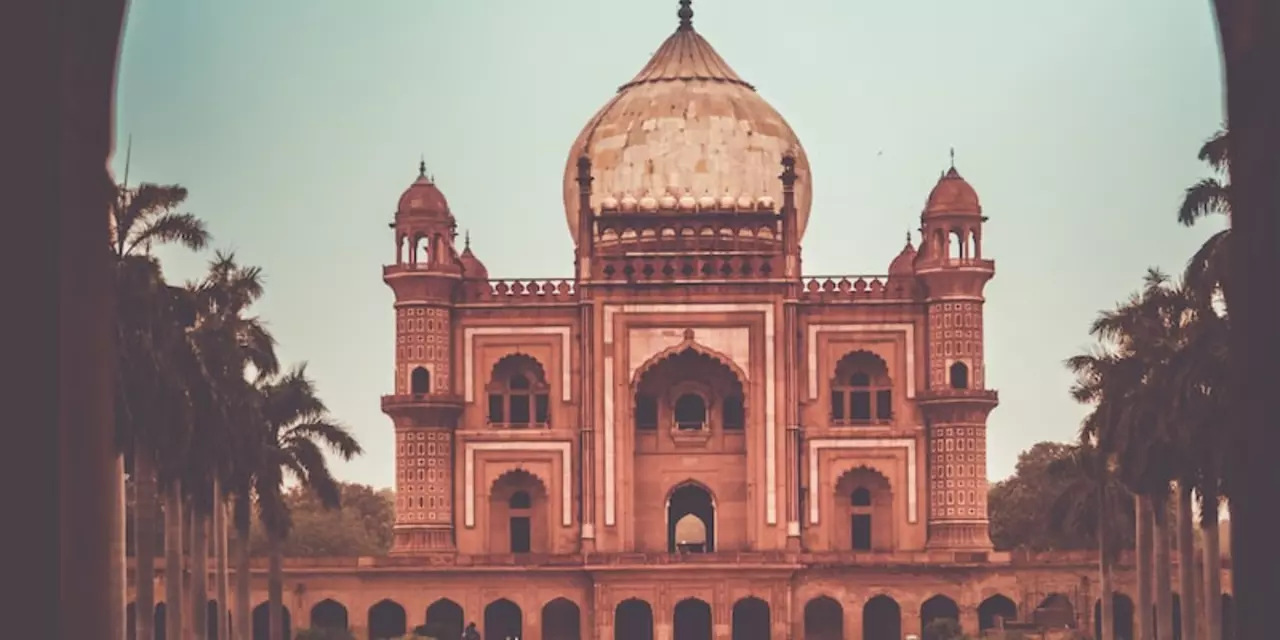Indians – Stories, News & Culture
Welcome! If you’re curious about anything Indian – from age‑old customs to today’s tech talk – this page has you covered. We’ve gathered the most read posts that give you a real feel for what’s buzzing among Indians, whether they’re at home or living abroad.
Traditions and Festivals
Ever wondered why married women fast for their husbands on a banyan tree? The post “Vat Savitri Vrat” breaks down the myth from the Mahabharata, explains the rituals, and shows why the banyan tree matters. It's a quick read that mixes story and how‑to.
If you’re hungry for food talk, “Why is Indian food so delicious?” jumps straight into the spice mix, regional tricks, and why fresh ingredients make every bite pop. No long history lessons – just the tasty reasons you can taste at home.
For a glimpse of Indian media, “Who is the owner of ‘The Times Of India’?” tells you who runs the biggest newspaper and why the Sahu Jain family matters in the news game.
Modern Life and Perspectives
Thinking about moving abroad? “As an Indian, why would you want to live in America?” shares personal reasons, from tech thrills to the cultural mash‑up you’ll find in cities. It’s like a friend’s chat about the dream of the U.S.
Politics gets a human touch in “Devendra Fadnavis love story.” It shows how a state’s top leader met his wife in 90 minutes and how they balance public duties with everyday life. A short, sweet look at love in Indian politics.
Tech fans get a fix with “Why is Mi increasing mobile phone prices in India?” – it explains the rupee’s dip, import taxes and why the price jump affects all models. You’ll see the real numbers behind the headline.
And for those who wonder about TV habits, “Does any Indian watch DD News?” maps out who still tunes in, why regional language news matters, and how younger viewers are shifting to digital platforms.
Media opinions also appear with “What do you think about WION News?” – it outlines the channel’s launch, ownership by Zee Media, and why viewers appreciate its balanced reporting. It gives a snapshot of a newer player in Indian news.
Controversial questions get a balanced take in “Do you regret being born in India?” – the article weighs culture, economy, challenges and the pride many feel for their country, helping readers see both sides.
All these posts sit under the “indians” tag, meaning you’ll always find fresh, practical pieces that speak directly to Indian life and interests. Bookmark this page, check back often, and stay in the loop with what matters to Indians today.

